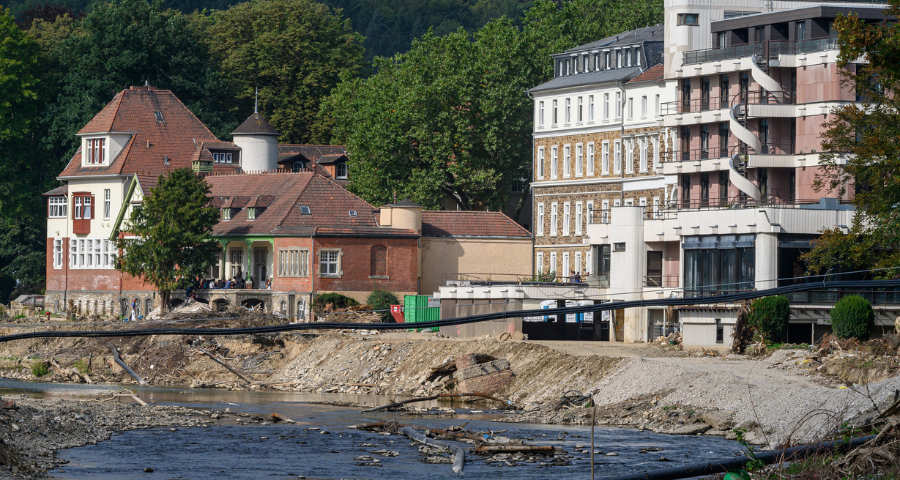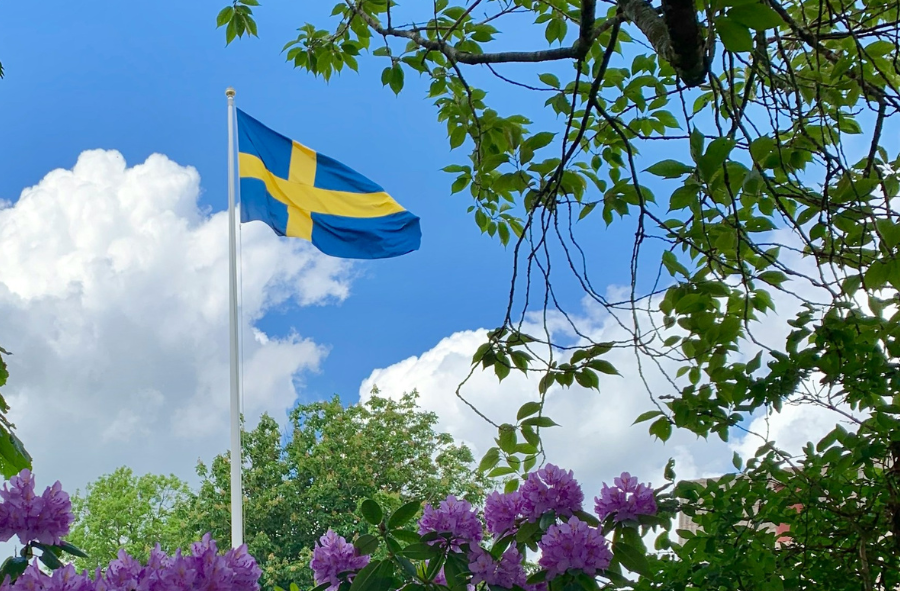
UK civil society organisations unite to demand prime minister keeps climate finance promise
July 21, 2023
Philanthropy coverage in Irish media lacks impact, says study
August 9, 2023More than a quarter of the €650m donated after Germany’s deadly floods in 2021 has still not reached its intended destinations, due to regulatory barriers.
This is according to the EFA member Deutscher Fundraising Verband (DFRV), and the museum of modern ahrts, an organisation created as a memorial for the disaster in the Ahr Valley, which caused nearly 200 deaths in the country.
The two organisations have written a joint letter to German finance minister Christian Lindner, which was handed to his advisers at an event in June.
The letter points out that climate change means such disasters may be more common in future, making it important that civil society and financial laws are able to respond quickly and effectively.
It also reiterates three requests already made by DFRV last year, on the first anniversary of the flood.
They are:
- an amendment of tax regulations to enable emergency and disaster aid work to be classified as a nonprofit activity, regardless of whether it is organised by a registered charity.
- a wider modernisation of nonprofit law, to reduce bureaucracy & increase support for the sector.
- greater cooperation between organisations responding to a crisis, as well as more transparency and consultation with state sponsors and insurance companies.
The letter notes that this reform to the tax code has already been set out as a plan in the Government’s coalition agreement.
Daniel Koller of the museum of modern ahrts told news website Focus Online:
“We urgently need this disaster-proof reform now. Past disasters, such as the flood in the Ahr Valley, have proven clearly that the current legal regulation of donations in the event of a disaster is not sufficient.”
The letter also invited Lindner to visit the memorial, and talk to those affected by the floods.
Martin Georgi, chair of DFRV, told Focus Online that the fundraising sector had been aware of this problem since 2002, when the Elbe and Vltava rivers flooded, also causing more than 200 deaths in Central Europe. It also raised awareness of the issue at the start of the Russian invasion of Ukraine.
Picture by Max Gerlach via Flickr, used under Creative Commons




